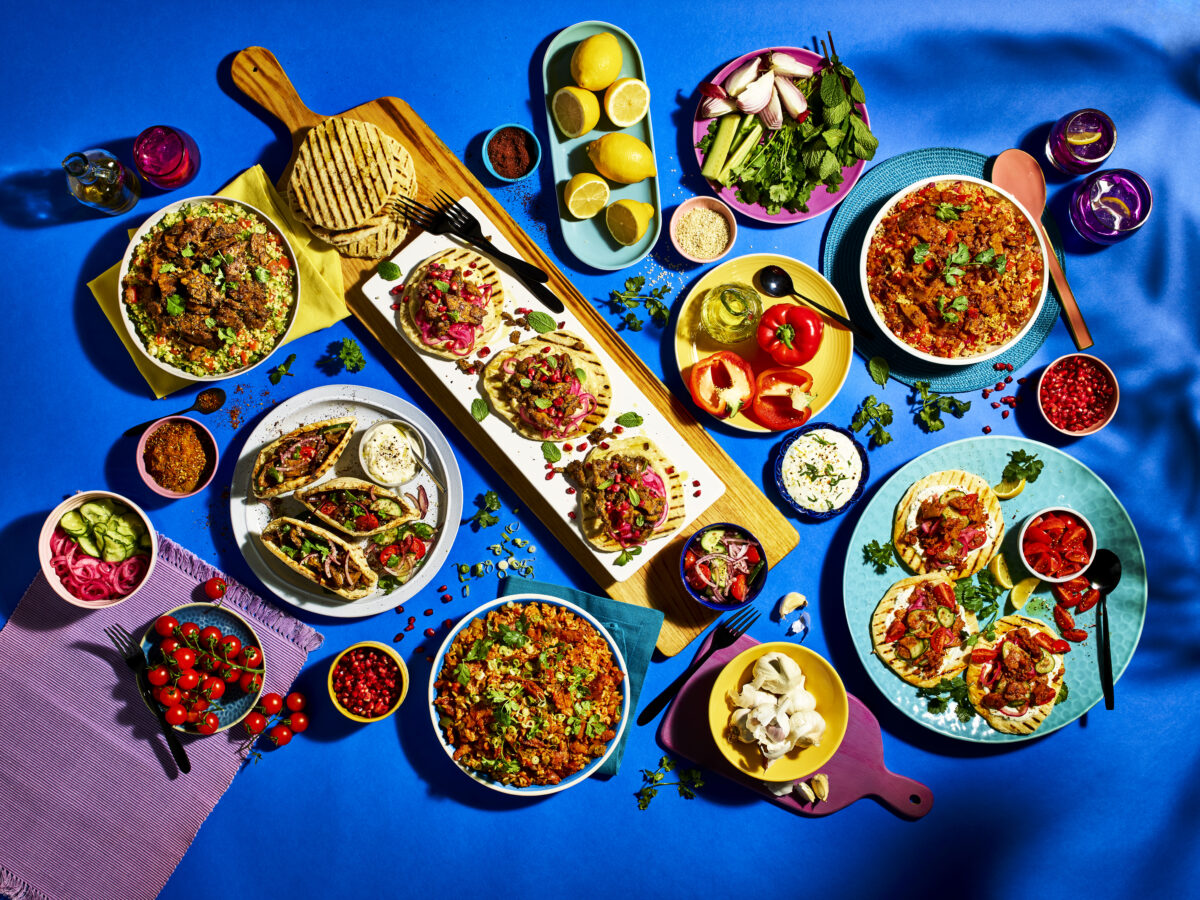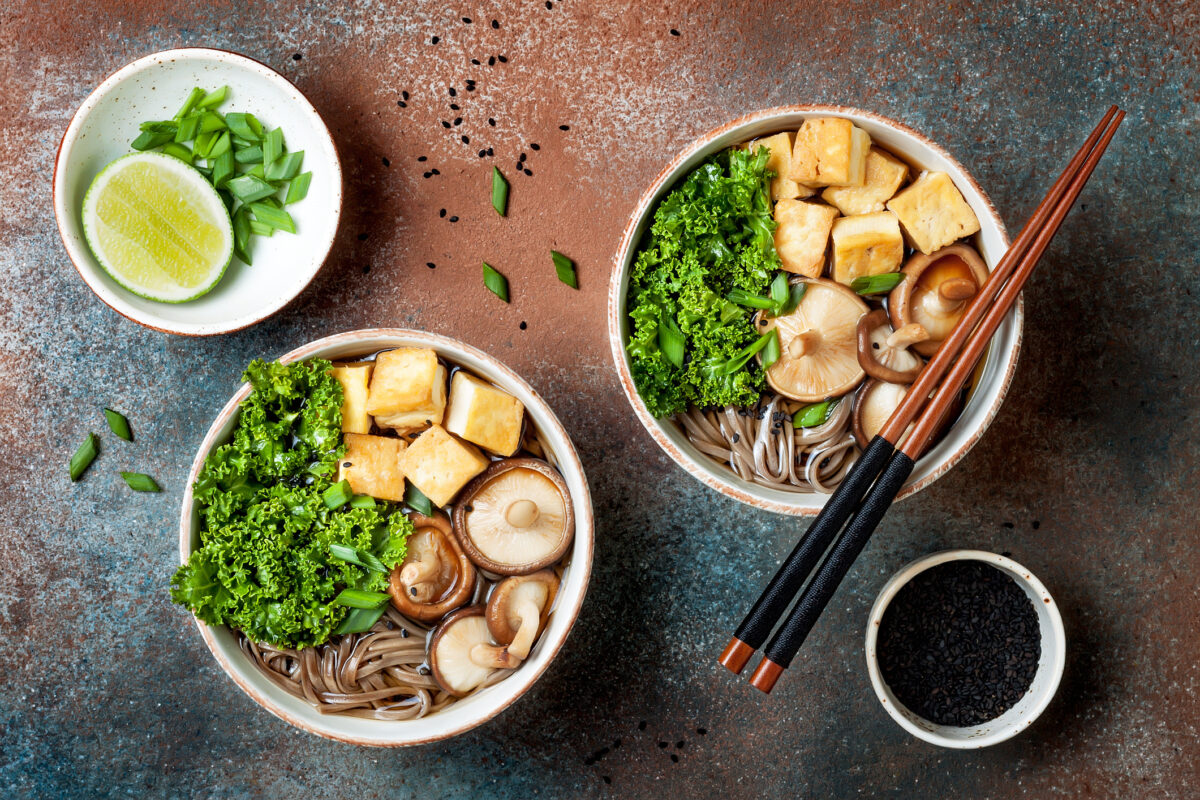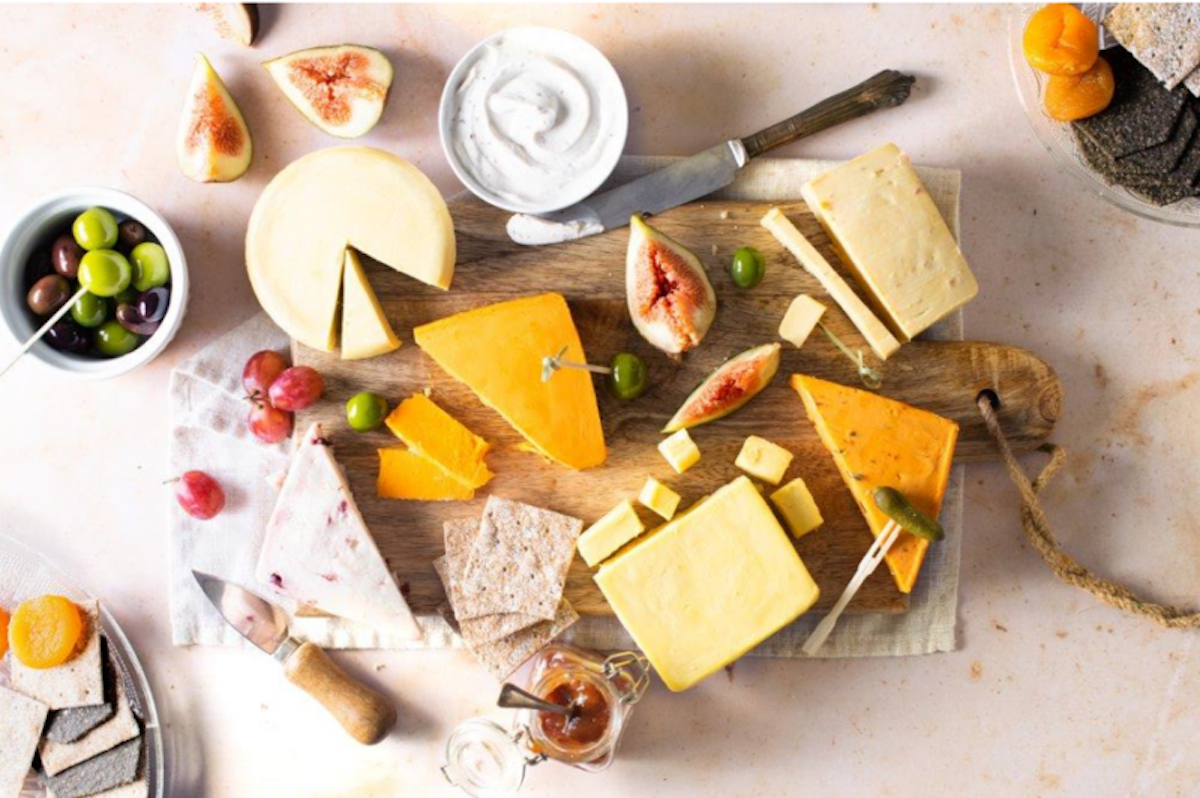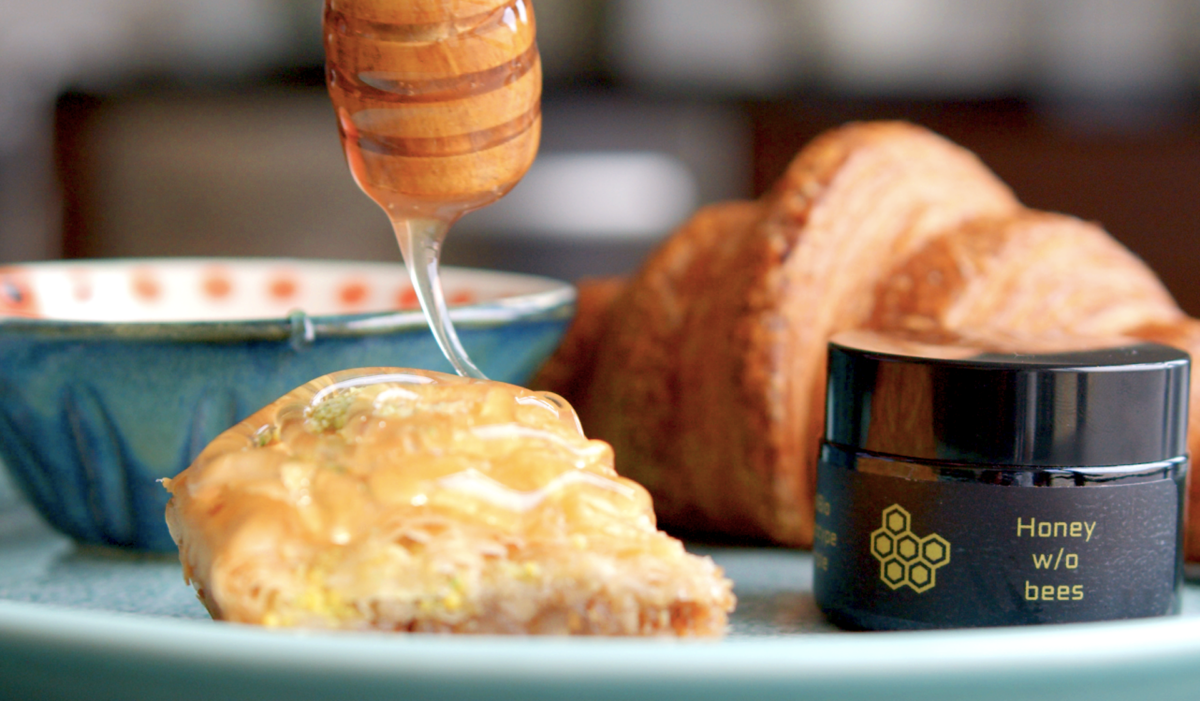Is honey vegan? A guide to ethics, practices and alternatives

It’s a perennial question among vegans and non-vegans alike: is honey vegan?
In the strictest definition of the word, honey is not vegan. As the product of a living being –honeybees, though there are other some 20,000 bee species to be found around the world – honey falls into the same category of non-vegan food products as milk and eggs.
One of the main reasons for the confusion as to whether honey is vegan is because of how it is made. For a product like milk, it is easy to make the link between why cows produce it – to feed their babies – and thus why vegans think humans shouldn’t consume it. But the relationship bees have with the honey they produce is slightly more complicated.
What is honey?
Bees have been making honey for millions of years, and humans have been consuming it for thousands. We have recorded proof of honey consumption among humans going back to the Ancient Egyptians and even further.
Humans have been using honey for so long because of the myriad qualities which it possesses – and for its taste of course. We might use honey for medicinal benefits – for example to soothe a sore throat – or simply as a sweetener in hot drinks and food. Some studies suggest the chemical make up of honey also gives it some healing properties for wounds.
Honey is packed with sugar, but it also contains amino acids, vitamins, minerals, iron, zinc and antioxidants, which are beneficial to human health.
How is honey made?
Honey is made from flower nectar which bees collect in a special stomach called a crop. Inside the crop, nectar is mixed with enzymes which change its chemical composition and breaks it down into simple sugars. When a bee returns to its hive, it passes the nectar to other bees through regurgitation.
This process is repeated until the partially digested nectar is deposited into a honeycomb. To get out the extra water, the nectar is fanned by bees using their wings to speed up the evaporation process. Bees then seal the honeycomb and utilise the honey as a food source during the winter months, when flowers are less abundant.
Honey is not the only substance which is harvested from bees. Other products include bee pollen, royal jelly, beeswax and propolis. These are used in varying ways, from beauty products, to food, varnishes and cleaning products.
A healthy bee colony will usually produce two to three times the amount of honey it needs. This is why some believe it isn’t a problem for humans to take some. However, commercial honey production comes with a litany of ethical issues, and in all instances, it is still an animal-derived product and thus not vegan in the strictest sense.
What are the ethical issues surrounding honey?
The first issue surrounding honey is the amount of effort it takes bees to produce. Some estimates suggest it takes one bee a whole lifetime to produce just one twelfth of a teaspoon of honey – considering the number of honey products available in any given supermarket, and the drastically declining number of bees worldwide, this seems like an unfair trade.
Beyond the effort it takes, large-scale honey production is usually not done with bees’ interests in mind. Some ethical issues which the Vegan Society identifies include:
- Clipping the wings of Queen bees to prevent them from leaving a hive and artificially inseminating them
- Selectively breeding bees to increase productivity, which narrows the gene pool and leaves whole hives susceptible to diseases which they might not have any immunity to
- Replacing honey made in a hive with a sugar substitute which is not as nutritious for bees to eat
- Culling whole beehives post-harvest to keep farming costs down
What can vegans eat instead of honey?
As with almost every animal-derived food, there are plenty of alternatives to honey which are suitable for those following a vegan diet.
Syrups
One of the most popular is agave nectar. This syrupy liquid is a good substitute for honey in both sweet and savoury contexts and can also be used to replace honey in drinks like tea and smoothies. Agave is a naturally occurring sweetener, extracted from certain species of the agave plant, which is native to Mexico and parts of South America.
Other wide-spread honey alternatives – particularly in baked goods – are maple and golden syrup. All are very sweet, with the former usually slightly thinner than the latter. Maple syrup is traditionally made from the sap of a maple tree – the sap is boiled to reduce the water content and concentrate the sugars, whilst golden syrup is made during the cane sugar refining process.
Some alternatives which are less widely used, but still effective replacements are date syrup and barley malt syrup.
Fruit-derived honey substitutes
There are also a growing number of honey alternatives which are made using naturally derived products from fruit. Coconut Merchant, for example, sells a honey alternative made using nectar from coconuts. Meanwhile Koro’s honey alternative is made using cane sugar, apple juice and tonka bean.
There is even a way to make your own honey alternative at home, using dandelions. This recipe from The Spruce Eats utilises equal parts of foraged dandelion petals and water, alongside vanilla, lemon and granulated sugar. Just ensure that when you’re picking dandelions you leave some behind for the bees, as dandelions are one of their primary food sources early in the year when other flowers haven’t started to bloom.
Is there such a thing as vegan honey?
Coconut Merchant and Koro’s are types of plant-based honey, and there are more available on the market.
In the same way that some companies are using technologies to develop cell-based meat, there is a selection of companies turning their focus onto honey. One such brand is MeliBio, a California-based start-up which is using fermentation to create bee-free honey.
As MeliBio CEO Darko Mandich tells Food Matters Live, fermentation has been a staple part of human food culture for millennia – so in a sense the start-up simply carrying on a tradition. “In the modern approach to fermentation, MeliBio is building a proprietary platform that empowers us to produce important components of honey without including honeybees in the process,” he says. “Essentially, we are using science to recreate the environment from honey bees’ honey stomach and together with ingredients sourced from plants, we end up producing the molecularly identical honey to the ones bees make, just this time animal-free.“
Darko and the team at MeliBio believe its product could be used as part of a vegan diet, even though it is chemically still honey, because MeliBio essentially takes on the role of the honeybee. “That is where MeliBio steps in with honey made without bees that helps companies, restaurants, brands in food, beverage, and cosmetics space to formulate with animal-free honey and cater the growing population of consumers avoiding animal products,” he says. “In our trials so far, both chefs and product developers provided significant feedback witnessing that our honey tastes the same as bee-made honey and even behaves identically in recipe and product formulations.”
Why do some vegans still eat honey?
As already touched on, there are a range of unethical practices which are commonplace in mass-market honey production, and this further serves to underpin the fact it isn’t vegan.
With this in mind, why do some vegans consume honey then? According to some anecdotal data, the percentage of vegans which think honey is vegan is as high as 20%. A lot of it comes down to where the honey they’re eating comes from.
Local beekeepers are more likely to treat their bees with respect and reverence, compared to large-scale operations. Additionally, local beekeepers tend to collect excess honey produced by their bees in the spring, when bees once again have access to blooming flowers and so can find food elsewhere.
While there is little doubt that local beekeeping is kinder to bees than large-scale commercial operations, there is still evidence to suggest doing so can damage bee populations. A 2018 study from researchers at Cambridge University suggested that even small colonies of honeybees put pressure on native and wild species, as there was more competition for food.
Brands to try
With all this information to digest, it would be remiss if we didn’t recommend some vegan honey alternatives. Here are some of our favourites:
- Original Vegan Honea, by Plant-Based Artisan – £4.99 for 230g
- Organic Agave Nectar Honey Flavour, by The Groovy Food Company – £2.50 for 250ml
- Vegan Honeee Syrup, by Sweet Freedom – £3.50 for 350g
- Organic Vegan Tonka and Apple Honey Alternative, by Koro – £9.50 for 500g
- Organic Coconut Nectar Honey Alternative, by Coconut Merchant – £5.99 for 500g








